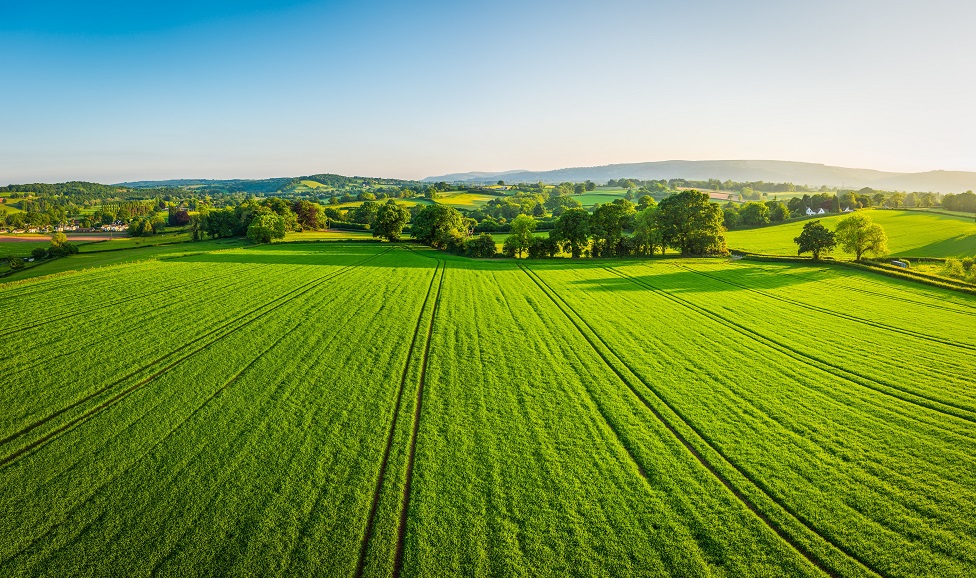How will farmland be valued after Brexit?
How will farmland be valued after Brexit? Tom Barrow, Head of Country Valuations, sheds some light.
3 minutes to read
As a professional valuer, the radical changes that are being proposed for agriculture in the UK once we leave the EU open up an array of interesting possibilities.
Because every valuation we do falls under the auspices of the RICS’ “Red Book” guidelines, which place a lot of emphasis on comparable evidence, I don’t expect things to change overnight.
It will take the farmland market some time to adjust to life after Brexit, and the gradual reduction in direct payments will cushion even the least profitable farmers, preventing a glut of farms coming to the market.
However, I do expect the growing disparity in values across the country that we have witnessed over the past five years or so to widen.
Without the safety net of the Basic Payment Scheme in the future, less economically productive land may not appeal to as many potential buyers. Livestock businesses could be hit hardest, especially if we do not manage to secure a good trade deal with the EU, which accounts for most of our meat exports.
But a more optimistic scenario begins to emerge when we start to look at the value of land beyond its agricultural potential. Natural capital – defined as the world’s stocks of natural assets including geology, soil, air, water and all living things – is not a new concept.

The term was originally coined in 1973, but it is only relatively recently that people have accepted that it is possible to put a value on nature and the benefits it provides like health and mental wellbeing.
Some remain sceptical about the approach, claiming it is almost impossible to accurately value something so nebulous and the huge figures generated are meaningless – for example, it has been calculated that London’s green spaces provide the equivalent of £91bn of economic value.
Governments though are taking the concept seriously. In 2012, the Natural Capital Committee was created here to advise on how to value nature and to ensure England’s “natural wealth” is managed efficiently and sustainably. The committee has called for the integration of the state of the country’s natural assets into mainstream national accounting.
The work of the committee and other groups such as the Green Alliance has clearly influenced Michael Gove’s thinking – paying landowners based on the environmental benefits their properties’ natural capital can provide is a key part of his proposals for farming post Brexit.
This raises the possibility that a whole new market for land will arise – in future the value of, say, upland pasture may not be linked to the income from sheep farming, but to the delivery of cleaner water or some other public benefit.
RICS has already started to investigate new methodologies that will allow valuers like myself to calculate these benefits within robust and recognised frameworks. Its paper Value of natural capital – the need for chartered surveyors includes several examples of woodland and grassland that have been valued based on the environmental and social benefits they provide.
Of course, putting a value on something is only of use when somebody is prepared to pay it. It will take time for markets based on natural capital to develop and clearly they could lead to even greater pricing variations around the country – some blocks of land will be able to deliver more benefits than others – but we have already seen it happen in terms of carbon credits from tree planting, so I don’t believe it will be long before natural capital is an important element of farmland valuations.
This article appears in 2018's The Rural Report - a unique guide to the issues that matter to landowners.